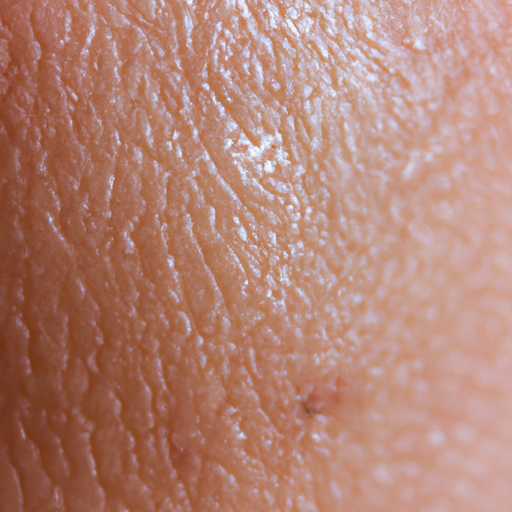As a dermatologist, I encounter numerous patients who struggle with oily skin. It can be a source of frustration, leading to a shiny complexion, enlarged pores, and frequent breakouts. However, with the right skincare regimen and lifestyle changes, it is possible to manage oily skin effectively. Here are six essential tips to help you combat oily skin and banish the shine.
1. Cleanse Regularly: The first step in managing oily skin is regular cleansing. This helps remove excess oil and impurities from the skin’s surface. However, it’s crucial not to over-cleanse as it can strip the skin of its natural oils, causing it to produce even more oil to compensate. Opt for a gentle, oil-free cleanser and wash your face twice a day – in the morning and before bed.
2. Use Oil-Free Products: When choosing skincare products, always look for those labeled “oil-free” or “non-comedogenic”. These products are designed not to clog pores or add extra oil to your skin. This includes everything from your cleanser and moisturizer to your makeup.
3. Don’t Skip Moisturizer: Many people with oily skin believe they should skip moisturizer, but this is a common misconception. Even oily skin needs hydration. Instead of skipping this step, choose a lightweight, oil-free moisturizer. It will hydrate your skin without making it greasy.
4. Exfoliate Weekly: Exfoliating helps remove dead skin cells that can clog pores and cause oil to build up. However, like cleansing, it’s important not to overdo it. Over-exfoliation can irritate the skin and trigger more oil production. Aim to exfoliate once or twice a week with a gentle scrub or chemical exfoliant.
5. Stay Hydrated and Maintain a Healthy Diet: What you put into your body can have a significant impact on your skin. Drinking plenty of water helps keep your skin hydrated and less likely to produce excess oil. Additionally, a diet rich in fruits, vegetables, lean proteins, and whole grains can help improve your skin’s health and reduce oiliness.
6. Consider Professional Treatments: If your oily skin persists despite your best efforts, it may be time to seek professional help. Dermatologists can offer treatments such as chemical peels, laser therapy, or prescription medications that can help control oil production more effectively.
Remember, everyone’s skin is different, and what works for one person may not work for another. It may take some trial and error to find the right combination of products and habits that work best for you.
While oily skin can be challenging to manage, it does have its advantages. People with oily skin tend to age slower and develop fewer wrinkles over time. So, while you’re working on banishing the shine, remember to appreciate the long-term benefits your skin type offers.
In conclusion, managing oily skin involves a combination of regular cleansing, using the right skincare products, maintaining a healthy lifestyle, and seeking professional help when necessary. With these strategies, you can effectively combat oily skin and achieve a healthier, more balanced complexion.



